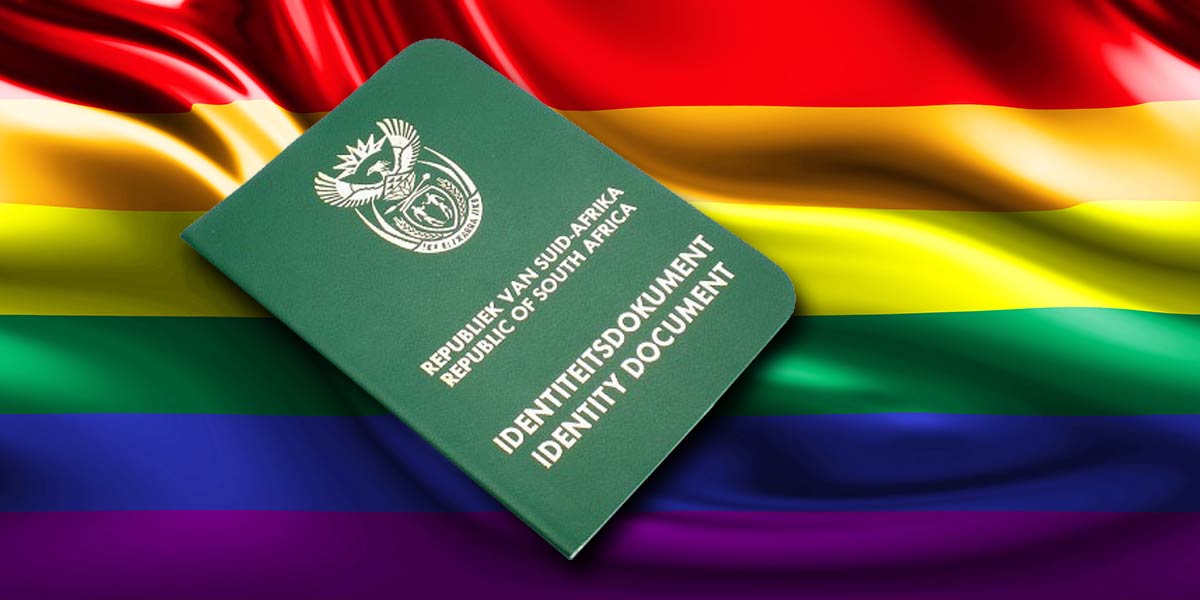Home Affairs considers scrapping male and female ID numbers

In future, ID numbers may not contain the numbers which signify a person’s gender or sex.
Gender activists have welcomed a move by the department of Home Affairs (DHA) to take into account the wishes of transgender, non-binary and intersex people in allocating identity numbers.
The DHA has published a draft of its new official identity management policy, which is open for public comment until 28 February.
According to the draft, the DHA aims to introduce a National Identity System (NIS), in order to guard against identity theft and to digitise identity management. All information about the identity of citizens and non-citizens in South Africa will be stored on the NIS. Included in the draft policy are options for ID numbers to take into account transgender, non-binary and intersex people.
Currently, the seventh digit in South African ID numbers identifies a person’s sex. A seventh digit between 0 and 4 “means the holder of the ID is a female,” while a seventh digit between 5 and 9 “means the holder of the ID is a male”.
New options include randomised ID numbers and the introduction of an additional third category for intersex people.
Gender activists have welcomed the DHA’s acknowledgement in the draft policy that the existing system excludes transgender, non-binary and intersex people.
Iranti programmes specialist Sibusiso Kheswa, said: “The possibility of randomised ID numbers, where gender is not coded, means everyone can have a neutral ID number without having to worry about being outed”. (Outing refers to the revelation of a person’s gender identity or sexual orientation, without their consent.)
Gender Dynamix (GDX), an organisation advancing transgender human rights, is also in favour of randomised identity numbers.
“GDX is in full support of the recommendation to have randomised ID numbers – meaning that no data would be encoded into the ID number, including date of birth, gender or citizenship. This would be a critical aspect in our recommendations to the DHA. Random numbers protect the individual’s personal information and can remain with the person for life, irrespective of whether or not their particulars change over time,” said Zoey Black, legal and education advocacy officer at GDX.
A third category proposed
Both Iranti and GDX disagree with some aspects of the draft policy which includes a new X category in addition to male and female for completing the sex field on various official documents.
Iranti is in discussions with the DHA to clarify some misleading language, said Kheswa. “In the policy, there is mention of a third sex and sexual orientation … We are talking about gender. We are not advocating for a third sex, we are advocating for a third sex category which may be represented by an X. That X means unspecified gender,” he said.
This article was written by Masego Mafata and was first published by GroundUP.
Ageism is also a big undressed issue so we might as well kill two birds with one stone, with POPIA at play our ID numbers give way too much info about ourselves away so randomising the number is the only option I see in the spirit of our constitution. I’d love to see the day when job applications may not include any personal details besides a randomised ID number, makes it difficult for one to screen out prospective candidates based on isms.